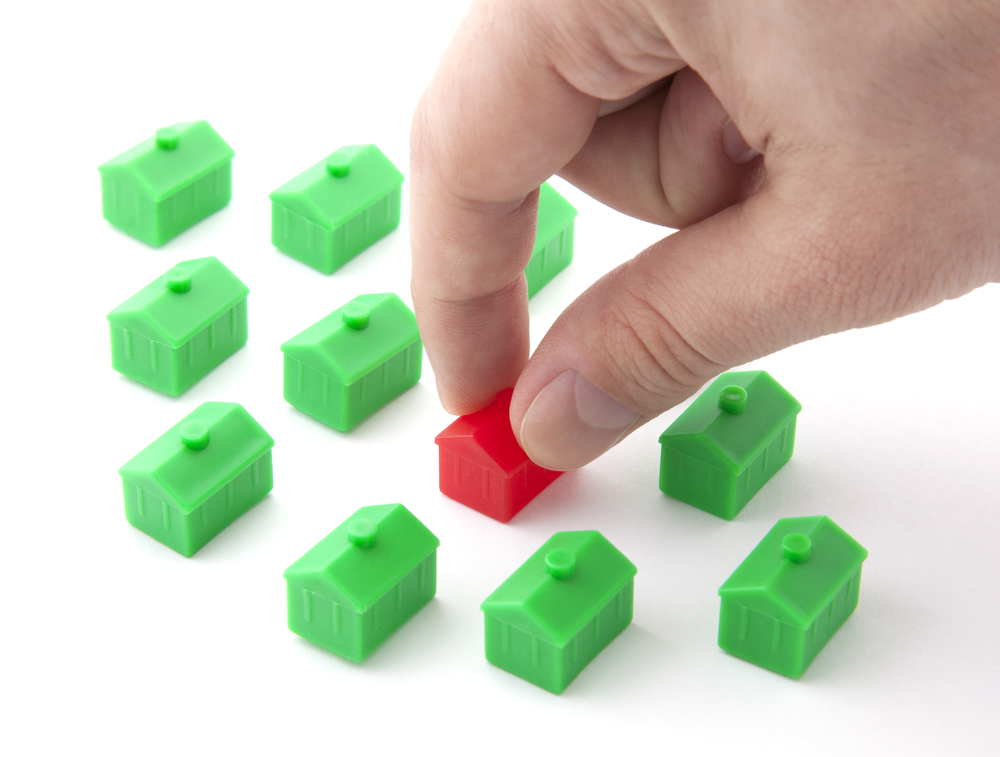The U.S. Department of Housing and Urban Development (HUD) announced plans last week to invest up to $4 billion to repair the nation’s affordable housing stock via its HUD’s Rental Assistance Demonstration program.

The $4 billion in the RAD program double the levels HUD announced just last year.
“Through our innovative RAD program, housing authorities can begin to address the backlog of capital repairs needed in their public housing stock,” HUD Secretary Ben Carson said. “Reaching this $4 billion milestone means expanding opportunity for more families and ensuring they have access to quality, healthy, affordable housing.”
RAD allows public housing authorities (PHAs) to access private investment through public-private partnerships to help improve public housing properties and address the growing backlog of deferred maintenance. Each year, roughly 10,000 units of public housing are lost due to disrepair. By stemming the loss of these units, RAD helps ensure more low-income families can secure a quality affordable home.
Under RAD, public housing authorities convert some or all of their developments to a project-based Section 8 platform. This change in regulatory platform allows public housing authorities to identify creative ways to solve their capital needs through public-private partnerships, and with no new federal funding.
The new, long-term Section 8 contracts that these properties transition to guarantee that the units remain permanently affordable to low-income households. This model is helping PHAs to preserve affordable housing, HUD officials said. While most conversions involve the modernization and stabilization of existing properties, many PHAs have demolished severely distressed properties and replaced them with new, permanently affordable housing.
For example, the public housing authority in DeKalb County, Georgia used RAD to redevelop a 50-year-old public housing site into mixed-income apartments and single family homes for families and seniors, providing long-term financial stability needed to maintain, preserve, and even add units.
Currently, 185,000 units are authorized to participate in RAD. The FY17 omnibus budget, signed by President Trump on May 5, raises the RAD cap to 225,000 from 185,000 units.